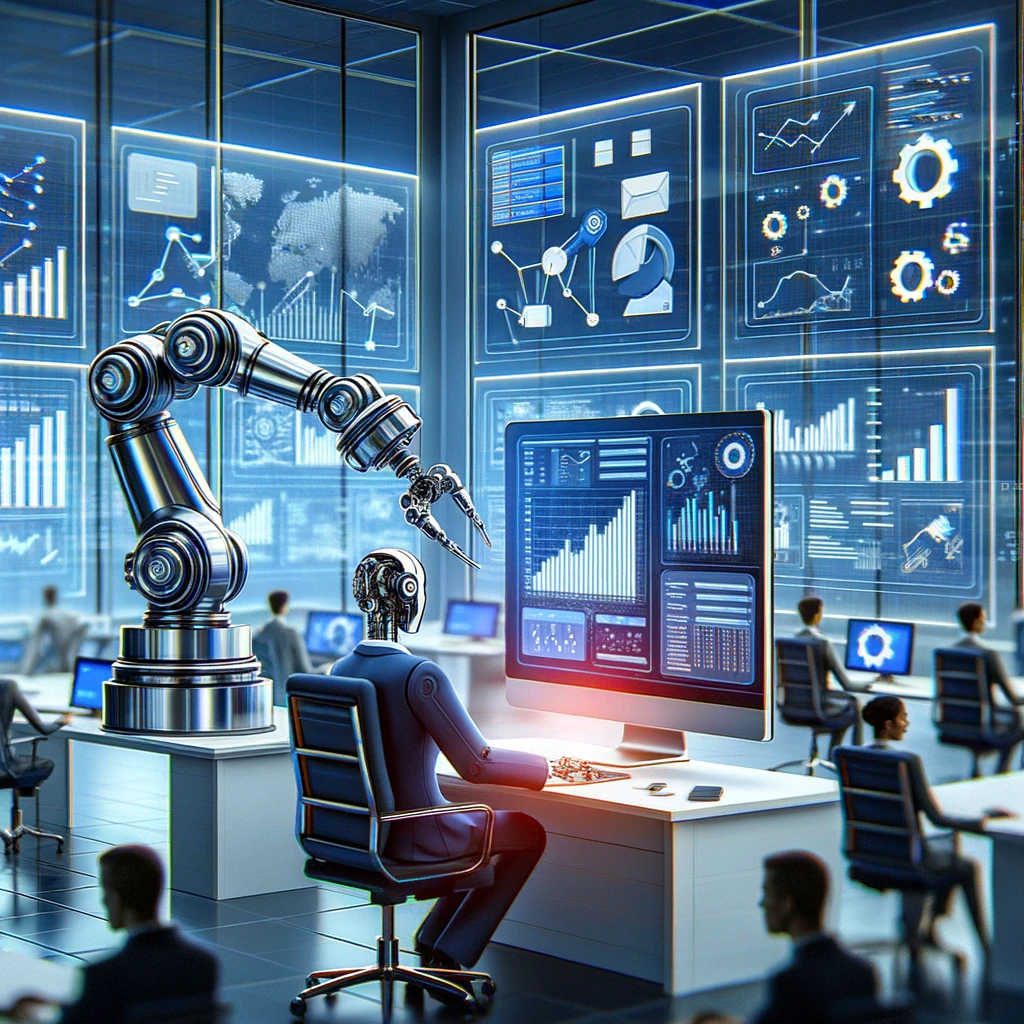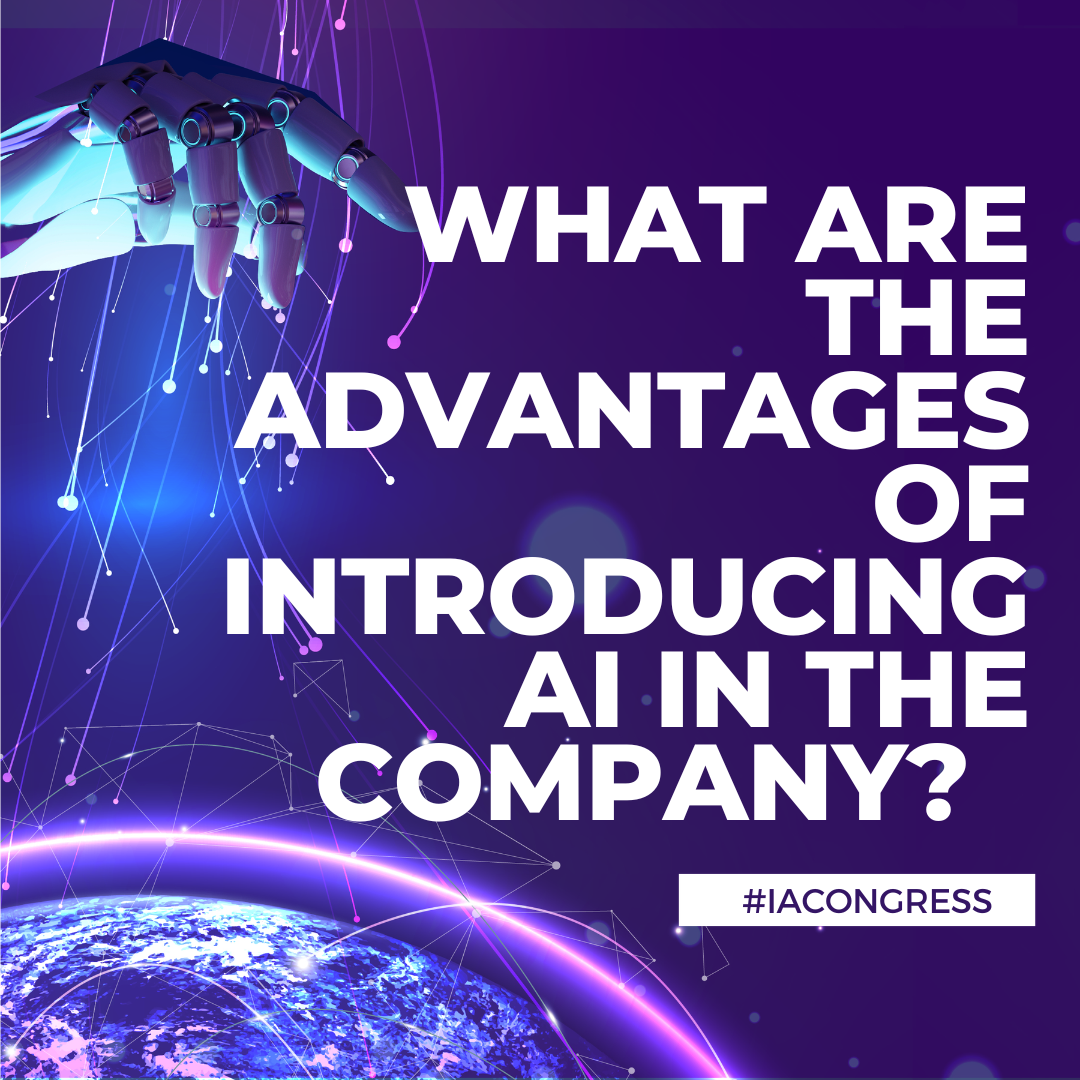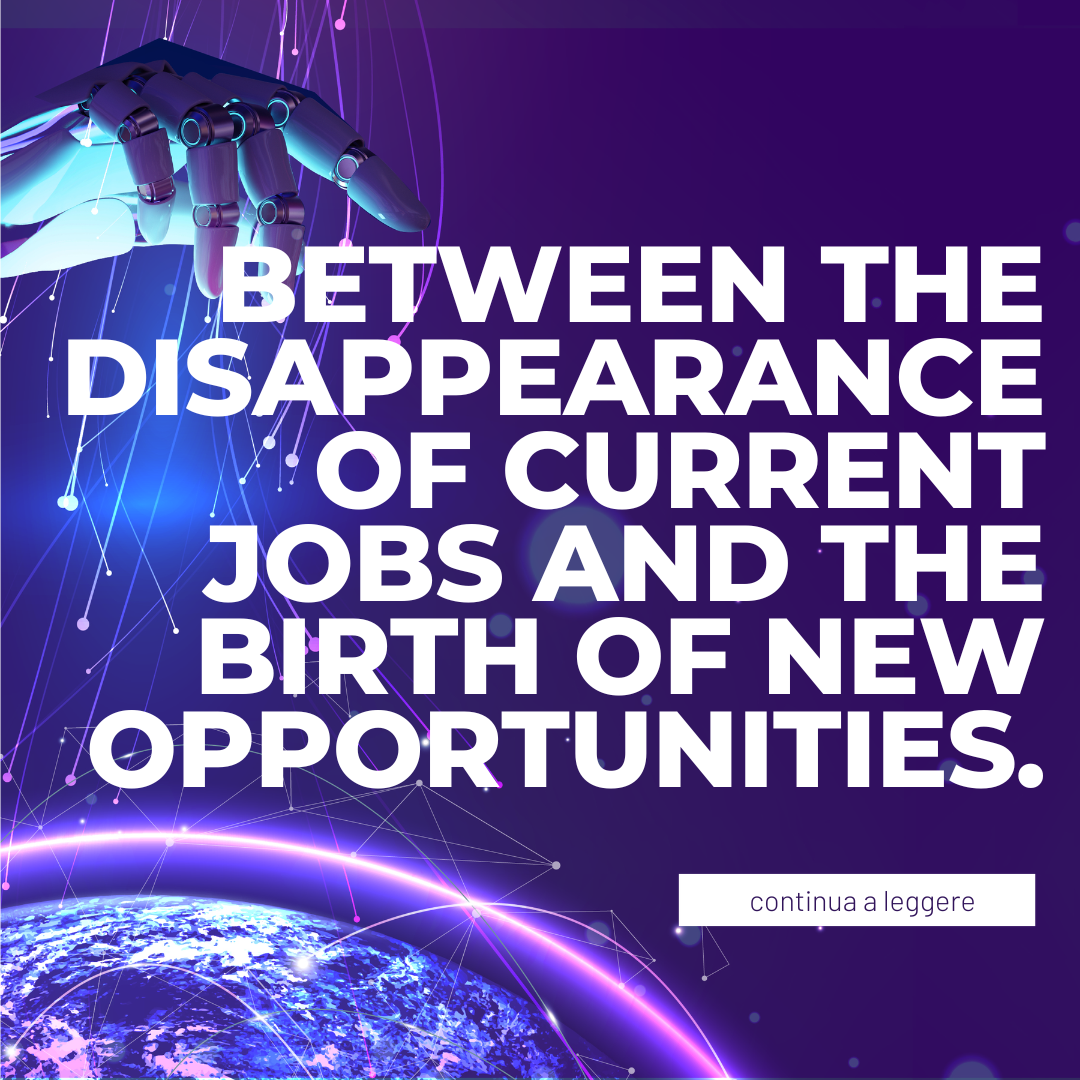
This article will give an answer to two main questions: what are the possible uses of Intelligent Automation within corporate accounting? What benefits can AI bring to organizations in the administration, finance and control areas?
What are the possible applications of AI and RPA in accounting?
There are so many processes in accounting offices that can be optimized through the use of RPA and Artificial Intelligence. These include the management of large amounts of official documents and important information flows.
Robotic Process Automation, for example, is most useful for managing documents that pass through different offices. Invoices, receipts, expense reports and various PDFs that have to be read, accounted for and entered into business systems.
Artificial Intelligence facilitates these processes by recognizing even unstructured documents and extracting the most important data from them. Robotics intercedes in the manual aspects of retrieval and system entry of all the information collected from the various channels. It is important to remember that different channels and filters may exist within more or less structured companies.
What are the benefits of introducing IA into corporate accounting?
There are many benefits that companies can obtain from implementing Intelligent Automation and Process Automation in their accounting offices. These include:
- saving employees’ time spent on mechanical tasks;
- ensure greater accuracy and adherence to compliance;
- performing spot checks in a short time;
- reinvesting staff time in value-added activities.
IA, RPA and AI are employed in carrying out the most mechanical and alienating office tasks, freeing up the time of qualified personnel. For example, robots and machines can take care of: copy-pasting PDF documents into the management system; checking data and amounts regarding expense reports, receipts and invoices; etc. The time saved can then be reinvested in value-added activities, like analyzing and interpreting data.
Another major benefit of implementing Artificial Intelligence within corporate accounting offices is the guarantee of higher accuracy in the performance of tasks. Robots follow rules mathematically, without exceptions or process errors. As a result, companies can achieve superior compliance, which means full adherence to established norms and standards.
Moreover, Intelligent Automation enables checks of any kind to be conducted on a blanket basis and no longer just on a sample basis. The robot can quickly analyze data and return accurate information in a short time.
The topic of automation involves both large companies that have very large volumes to manage and small companies that are working to optimize and manage the limited number of employees. For example, Intelligent Automation can support the merger process between two organizations. In merger cases, records must be brought back to a single office. AI and RPA can help and support the corporate merger process through optimized workload management.
The relationship between Human Intelligence and Artificial Intelligence: how to find balance?
Once Intelligent Automation is introduced into the company, it is very important to be able to manage the relationship between robots and employees. In this aspect, the “human in the loop” approach plays a very important role.
What does “human in the loop” mean?
“Human in the loop” refers to the model that places human knowledge and experience at the center of automated processes. It thus restores both that sensitivity proper to the human being and that guarantee of accuracy proper of the work done by the robot, which cannot be left to chance.
We can then ask employees to use the time gained to approve and control the activities performed by the machine and thus add value back to the process. This combination represents a significant gain not only in accounting, but also in aspects of administration, HR and so on.
In fact, only people can give back to the machines the “human” detail that is needed to complete the job.


